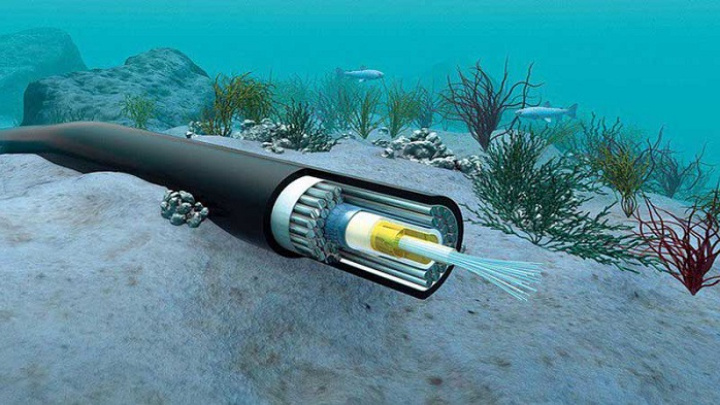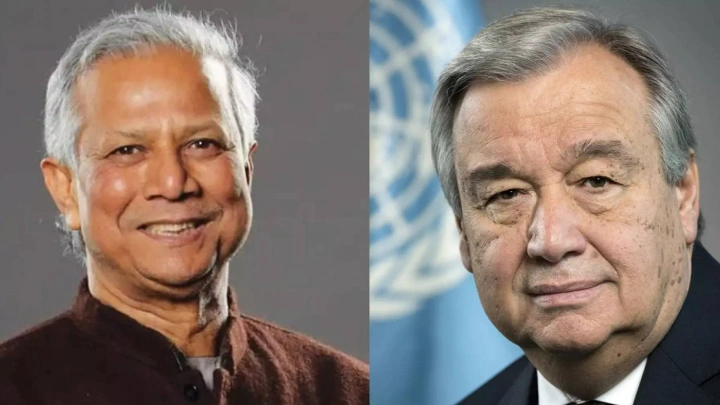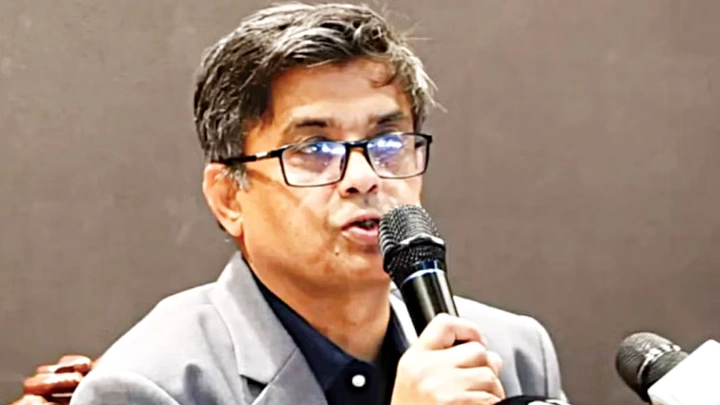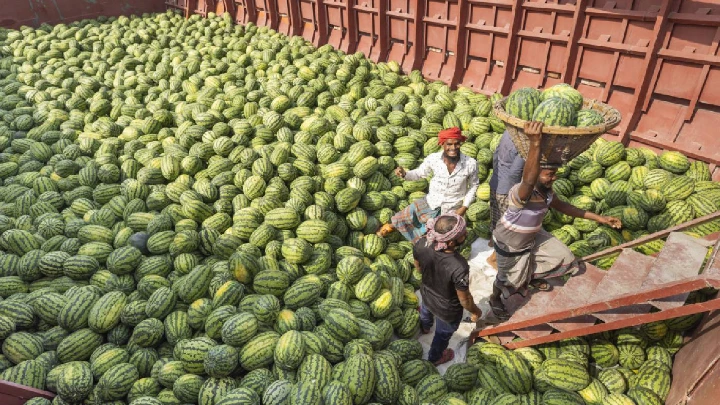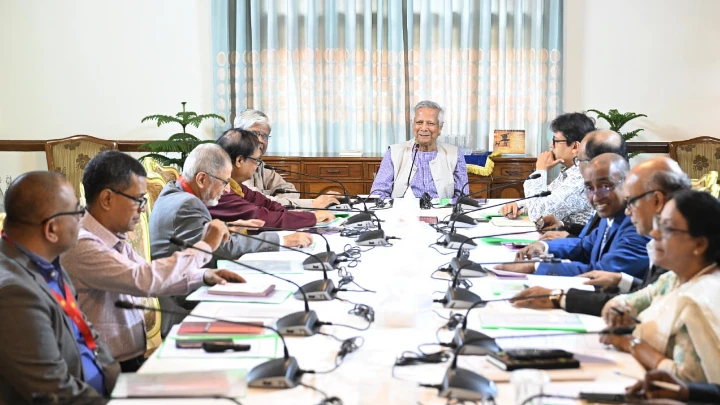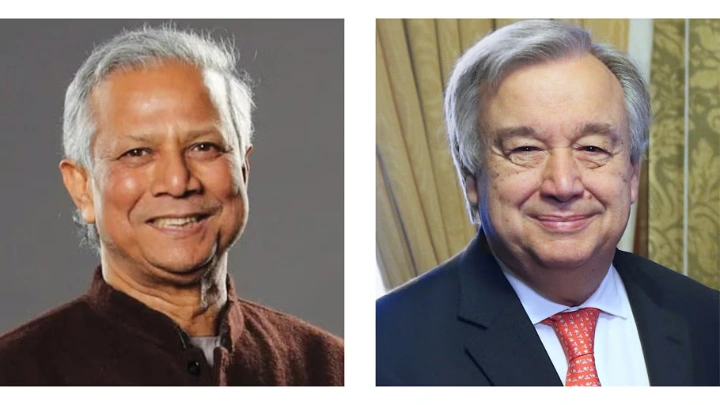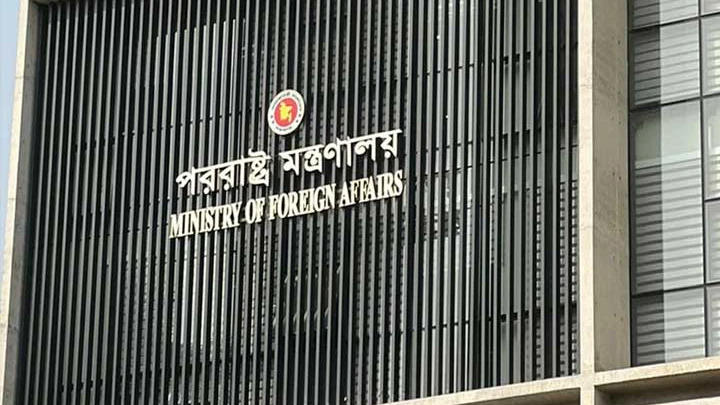BSCCL goes to spend $3.2 million to upgrade the capacity of its first undersea cable
Shining BD Desk || Shining BD
Bangladesh Submarine Cable Company Ltd (BSCCL), the state-run bandwidth importer, is going to spend $3.2 million to upgrade the capacity of its first undersea cable by more than four times.
The move will help the country deal with a bandwidth crunch and help meet the increased demand.
In a posting on the Dhaka Stock Exchange yesterday, the company informed that its board had approved an agreement between the SEA-ME-WE 4 submarine cable consortium and the supplier involving $3.2 million (excluding VAT/tax) to enhance the capacity of BSCCL by 3,800 gigabytes per second (Gbps).
Bangladesh is a member of South East Asia-Middle East-Western Europe 4 (SEA-ME-WE 4) consortium, the first undersea cable with which Bangladesh was connected in 2006.
The total bandwidth capacity of SEA-ME-WE 4 of the company will be 4,600 Gbps after the successful completion of the up-gradation process, said the filing.
"The additional supply from the first submarine cable will begin flowing in from early next year," AKM Habibur Rahman, managing director of BSCCL, told.
The upgradation will increase the life span of the first undersea cable from 2025 to 2030.
"We are now looking to bring down the price of bandwidth so that the end-users benefit from the increased supply," Rahman said.
BSCCL is also in talks with the consortium of SEA-ME-WE 5, the second submarine cable, to ramp up the supply as well.
The state-run entity supplies 1,400 Gbps through the SEA-ME-WE 5. The connection was established in 2017.
In Bangladesh, bandwidth consumption witnessed a remarkable rise during the coronavirus pandemic as people turned to internet to work, study and find entertainment at home.
Total bandwidth use surged to 3,840 Gbps in May this year, from 1,000 Gbps before the health crisis, according to the Bangladesh Telecommunication Regulatory Commission (BTRC).
BSCCL supplies a total of 2,200 Gbps while the rest comes from India through seven international terrestrial cable service providers.
The company is set to receive 13,200 Gbps from the third undersea cable, SEA-ME-WE 6, by 2025.
The bandwidth use is forecast to rise in coming years on the back of increasing reliance on internet. The government also plans to bring about 1 lakh educational institutions under internet connectivity.
The availability of fifth-generation (5G) service among wider users likely from this year will also drive up the bandwidth use. The trial run of the super-speed technology kicked off in December.
"There will be no bandwidth crunch despite the huge growth in internet usage as we are scheduled to get adequate bandwidth in the coming years," said Rahman.
There were 12.55 crore internet users in Bangladesh as of May.
Private companies are also set to get licences to establish, maintain and operate submarine cables, in a shift that will break the state monopoly and pave the way for a smooth supply of bandwidth.
State-run BSCCL is the lone entity permitted to connect the country with the rest of the world through undersea cables. But in order to attract private investment to the telecommunication industry and support the growth in bandwidth consumption, the BTRC has floated a tender to grant licences.
Six companies have applied.
The Daily Star
Shining BD

